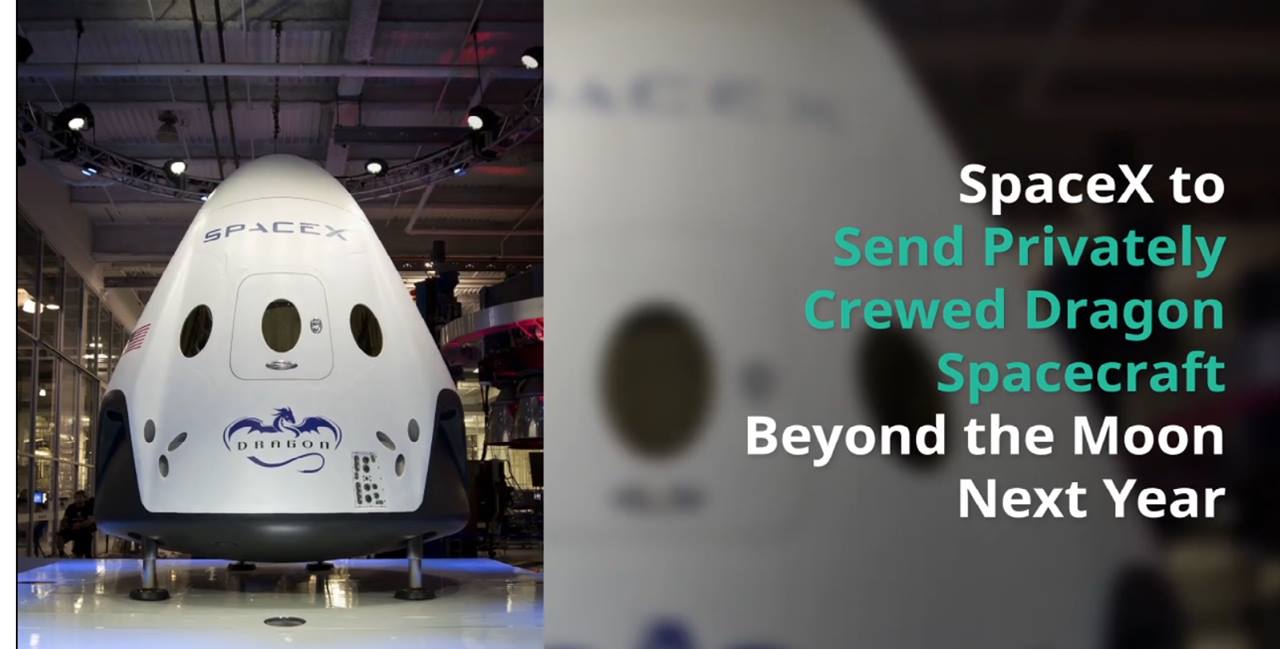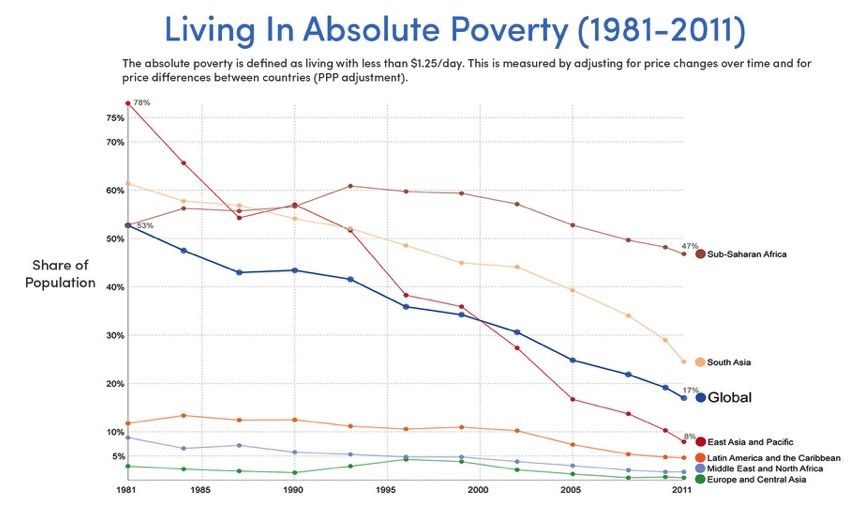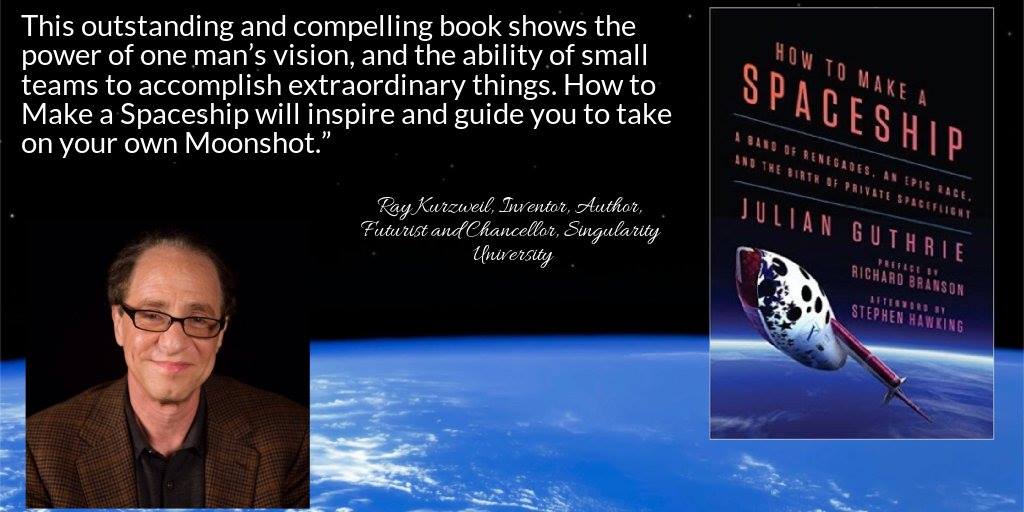Elon Reeve Musk is a South African-born Canadian-American business magnate, engineer, inventor and investor. He is the CEO and CTO of SpaceX, CEO and product architect of Tesla Motors, and chairman of SolarCity as well as co-chairman of OpenAI.
He is the founder of SpaceX and a co-founder of Zip2, PayPal, and Tesla Motors. He has also envisioned a conceptual high-speed transportation system known as the Hyperloop and has proposed a VTOL supersonic jet aircraft with electric fan propulsion. He is the wealthiest person in Los Angeles.
Peter Diamandis ► https://goo.gl/Q0yk81
Peter H. Diamandis is a Greek–American engineer, physician, and entrepreneur best known for being the founder and chairman of the X Prize Foundation, the co-founder and executive chairman of Singularity University and the co-author of the New York Times bestsellers Abundance: The Future Is Better Than You Think and BOLD: How to Go Big, Create Wealth, and Impact the World. He is also the former CEO and co-founder of the Zero Gravity Corporation, the co-founder and vice chairman of Space Adventures Ltd., the founder and chairman of the Rocket Racing League, the co-founder of the International Space University, the co-founder of Planetary Resources, founder of Students for the Exploration and Development of Space, and vice-chairman & co-founder of Human Longevity, Inc.
In March 2014, Diamandis co-founded Human Longevity Inc. (HLI), a genomics and cell therapy-based diagnostic and therapeutic company focused on extending the healthy human lifespan, with Craig Venter and Robert Hariri.
——–
Facebook: https://www.facebook.com/agingreversed
Tumblr: http://agingreversed.tumblr.com
Twitter: https://twitter.com/Aging_Reversed
Donate: https://goo.gl/ciSpg1









